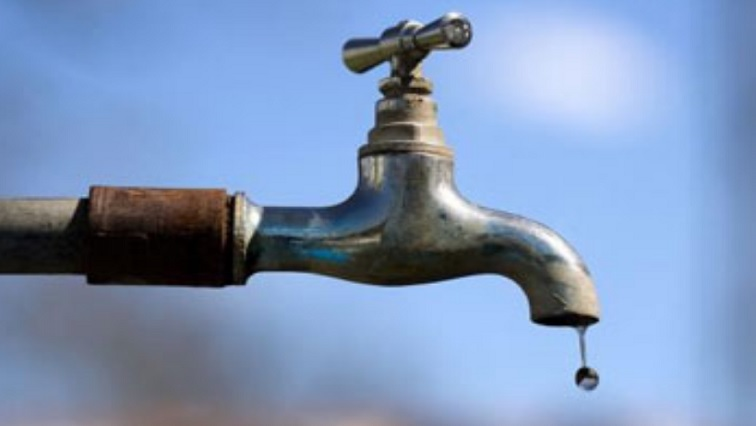Gauteng residents say their daily lives are being disrupted as a result of load shedding coupled with water restrictions. Rand Water implemented Stage 2 restrictions on three pump stations.
Johannesburg, Tshwane, and Ekurhuleni will experience low pressure, due to Rand Water having low levels at many of its reservoirs.
However, many communities in Gauteng have battled with water cuts for months now.
Several areas in Gauteng will experience water cuts indefinitely. Over the last two weeks, water consumption increased significantly, resulting in a decline in the overall reservoir storage capacity from 52% to 38%.
Joburg Water says these restrictions are to ensure that the storage capacity is restored to 60%.
Joburg Water spokesperson, Puleng Mopeli says, “The City of Johannesburg was notified by Rand Water, the bulk supplier, of the implementation of Stage 2 water restrictions. Due to the increased water demand, the capacity of Rand Water storage has decreased from 52% to 38%. The bulk supply will restrict high-demand customer metres in various parts of Johannesburg. The outcome is to reduce the current high consumption and restore the capacity back to 60%. Rand Water will implement Stage 2 water restrictions on their Eikenhof, Zwartkopjes and Palmiet pump stations.”
Westdene has been one of the worst-affected areas in Johannesburg.
Residents have not had a decent supply of water for more than two weeks. They have been unable to shower and do laundry. Many homes are unable to afford bottled water for drinking purposes.
“It’s been on and off for the last two weeks. The last five days have been the worst of it. We can only access water at night. It comes through as a slow trickle, but you have to stay up late, maybe until 12 at night. We are flushing the toilet with swimming pool water and bottled water. Right now, we don’t have water, our buckets are empty, and we don’t know what to do. There is a heatwave right now and we don’t know how we will manage. We need water as soon as possible,”
Westdene is not the only area in Gauteng affected by water outages in recent months.
Hospitals in Gauteng are having to deal with no electricity and no water.
Gauteng hospitals run dry:
Eight-thousand-litre water tanker was delivered to the Helen Joseph Hospital in Johannesburg. The healthcare facility, together with the Rahima Moosa Hospital, and Pholosong Hospital in Ekurhuleni, have been operating without water.
Gauteng Department of Health Spokesperson, Motalatale Modiba, says, “The utilities that supply us with water are having challenges on their line. In Ekurhuleni, where the facility is, they also don’t have water. Water tankers is the call that is being made to municipalities to be able to provide. Water is critical in a healthcare facility both for clinical and non-clinical usage. You will not be able to operate without water. There are hygiene issues.”
Patients from Helen Joseph say their visit to the facility on Wednesday was disgusting and appalling. The hospital is operating with a limited supply of water for months now, a problem which will be exacerbated by water restrictions.
Patients say they cannot cope with water restrictions coupled with load shedding.
“I came to the rheumatology department. My file was lost, so that’s why I’m still here. With the taps not working, it’s disgusting. If you have to go do a urine test, you have to use the toilet that has no facility to flush or wash your hands,” says one of the patients.
“The people complained they couldn’t use the toilet, toilets were locked. We were too frightened to drink anything because drinking means going to the toilet. The lights went off and his computer. That delayed the Dr and we waited long to be seen,” says another patient.
Spokesperson for Rand Water, Makenosi Maroo, says since the start of spring, demand for water has increased drastically as many families are doing spring cleaning, getting their gardens and pools ready for the summer months ahead.
She says this unnecessary wastage of water is causing a strain on their supply.
“For the past two weeks, we have noticed a significant increase in water consumption. This has resulted in a decline in our reservoir capacity. We had to introduce measures to control water consumption. During springtime, it’s peak time for us, the demand is huge. We are supplying over 5000 ml a day. People are filling up their pools, washing their cars, and cleaning the pavements. But also, we are saying, taps are leaking, pipes are leaking,” says Maroo.
While your lawn, garden, and pool may seem like a priority right now, South Africa’s water scarcity coupled with irresponsible water usage is causing many families to go without this basic commodity.


